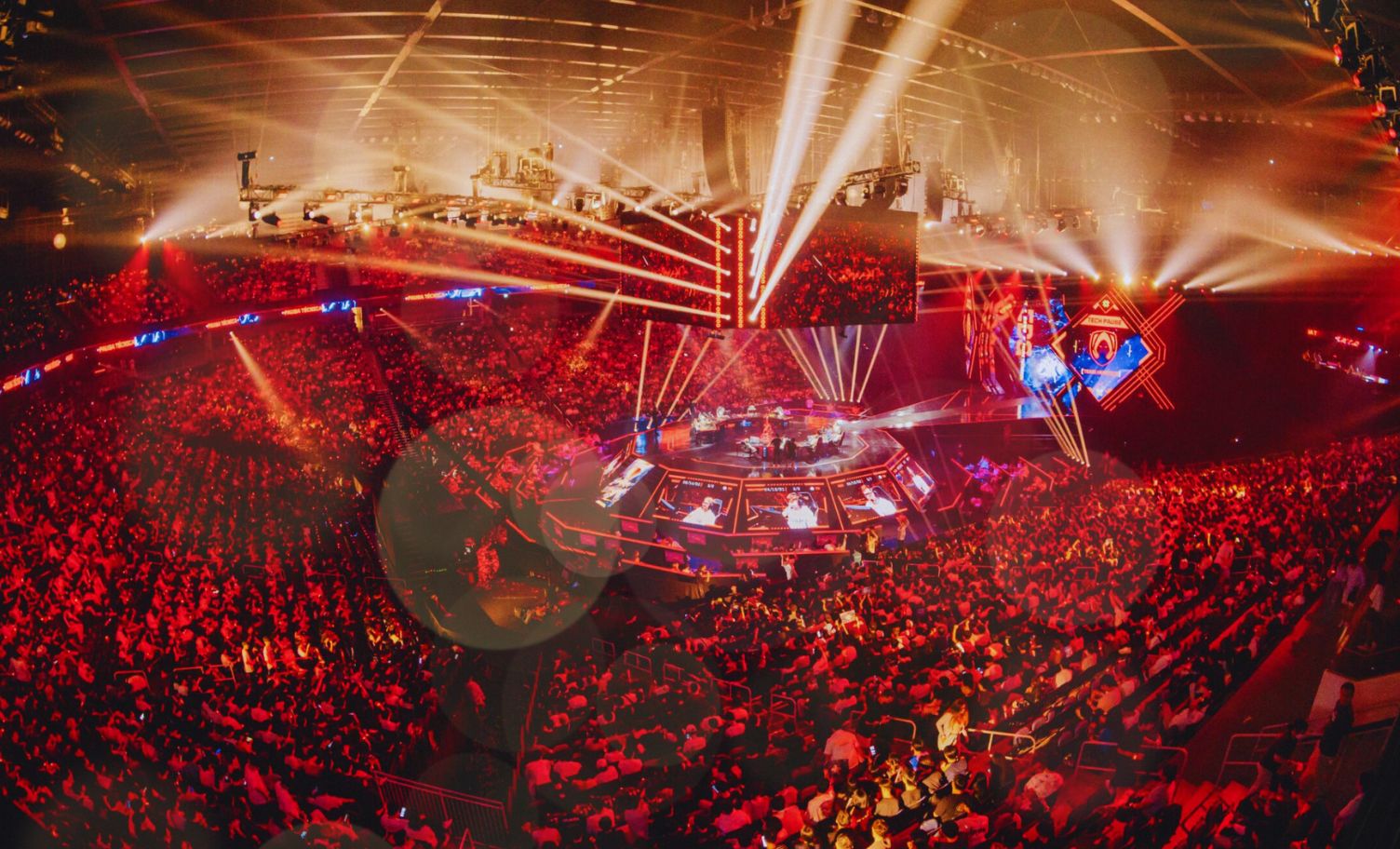The 2025 season has ushered in significant changes to the VALORANT Champions Tour (VCT) ecosystem. With an expanded playoff format, an updated Championship Points system, and more matches in the Kickoff LAN events, these changes present both challenges and opportunities for teams like RRQ. To gain deeper insights, we spoke with Jonathan Hoo, Head of VALORANT at RRQ.
The Impact of VCT 2025 Changes on RRQ
Jonathan shared that the structural changes in VCT 2025 have not drastically altered RRQ’s preparation. Instead, they provide the team with more opportunities to compete throughout the year, especially with the introduction of a double-elimination bracket in Kickoff events.
“Our main focus right now is integrating Kushy into the team as quickly as possible,” said Jonathan. “We’re also making serious investments in our support staff, including a new assistant coach (Warbirds), a team manager, and a performance coach.”
A Favorable and Well-Structured Format
When asked which change he appreciates the most, Jonathan highlighted the increase in teams qualifying through Championship Points, from one to two.
“This rewards teams that maintain consistency. Hopefully, we can be one of those teams this year, as inconsistency was a challenge for us throughout 2024,” he explained.
He also noted that the new schedule and format of VCT 2025 represent the best version so far. “I don’t think we’ll see any major changes beyond this.”
The Role of the Academy Team in the New Ecosystem
RRQ is among the nine Pacific regional teams with an academy team competing in the VCL. According to Jonathan, this structure provides vital support and opportunities for emerging players in the region.
“Even though academy teams are not allowed to compete in Ascension, they play a crucial role in giving young players competitive experience. For example, Evil Geniuses in 2022 successfully implemented a 10-man roster system, which became one of the key factors behind their Champions victory,” he said.
Building the Scene from the Ground Up
Jonathan also believes that academy teams can contribute to the grassroots development of VALORANT, particularly in Indonesia.
“We want our academy players to compete for a spot on the main roster. If we have a success story of an academy player making it to the top team, it will inspire more young players in Indonesia,” he stated.
However, he emphasized that the drive to compete at the highest level must come from the players themselves. “It’s our job to identify and nurture that talent.”
Challenges from Ascension Teams
Non-partnered teams from Ascension are now part of the international league, including Indonesia’s own BOOM Esports. Jonathan acknowledged that these teams present a unique challenge.
“For example, Nongshim is a highly skilled team, while BOOM has a strong connection with the Indonesian VALORANT community. We’ll have to compete with them not only in matches but also in winning the hearts of local fans. However, above all, our main focus is on our own performance—improving with each game.”
RRQ’s Long-Term Mission
With the new VCT 2025 format and opportunities ahead, RRQ has a bold vision for the future of VALORANT esports.
“Our ultimate goal is to help grow VALORANT in Indonesia as much as possible while remaining a Riot Games partner team beyond 2026,” Jonathan affirmed.
He also stressed the importance of making an impact on the international stage this year. “It’s time for us to compete at international events. Our team and fans have waited too long for this moment.”
Conclusion
The changes in VCT 2025 bring both challenges and exciting opportunities for teams like RRQ. With a solid foundation, a growing support system, and a clear vision for the future, RRQ is ready to shine on the VALORANT esports stage this year.
